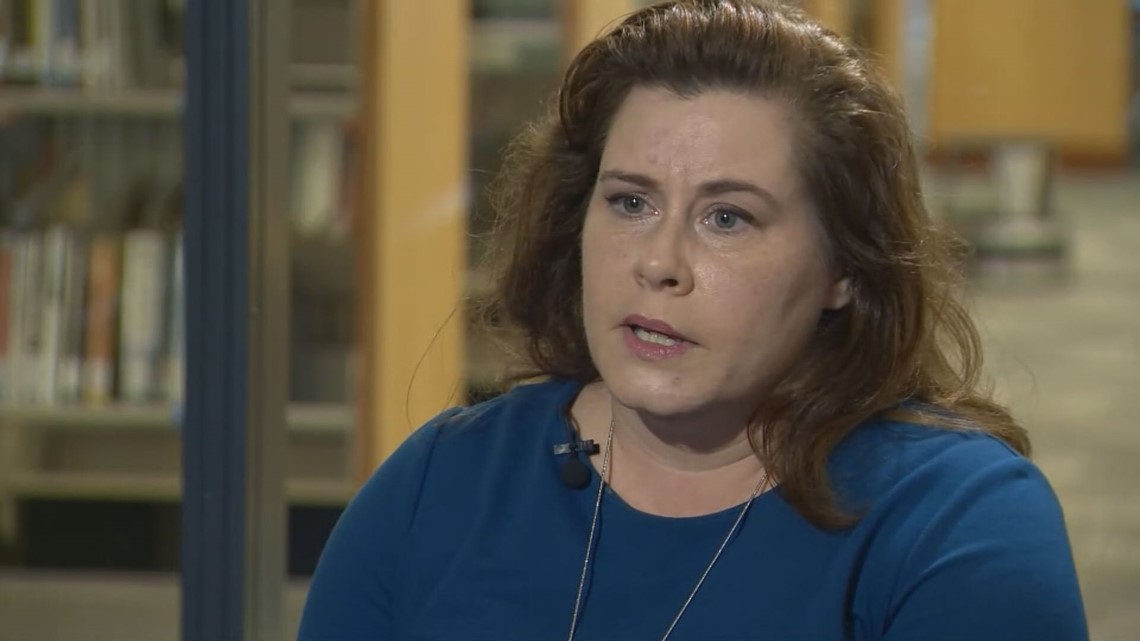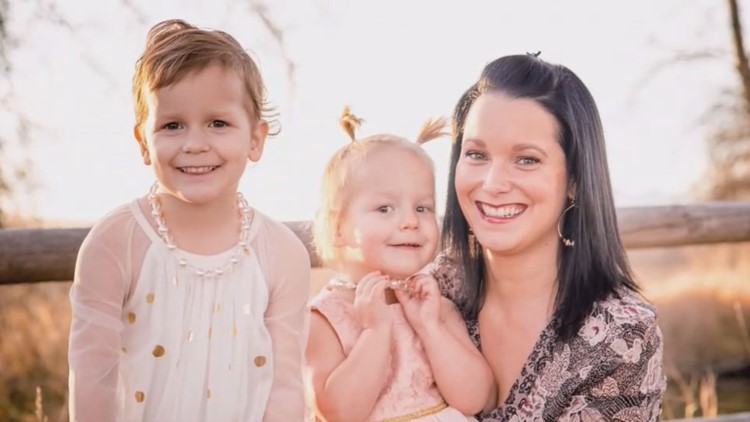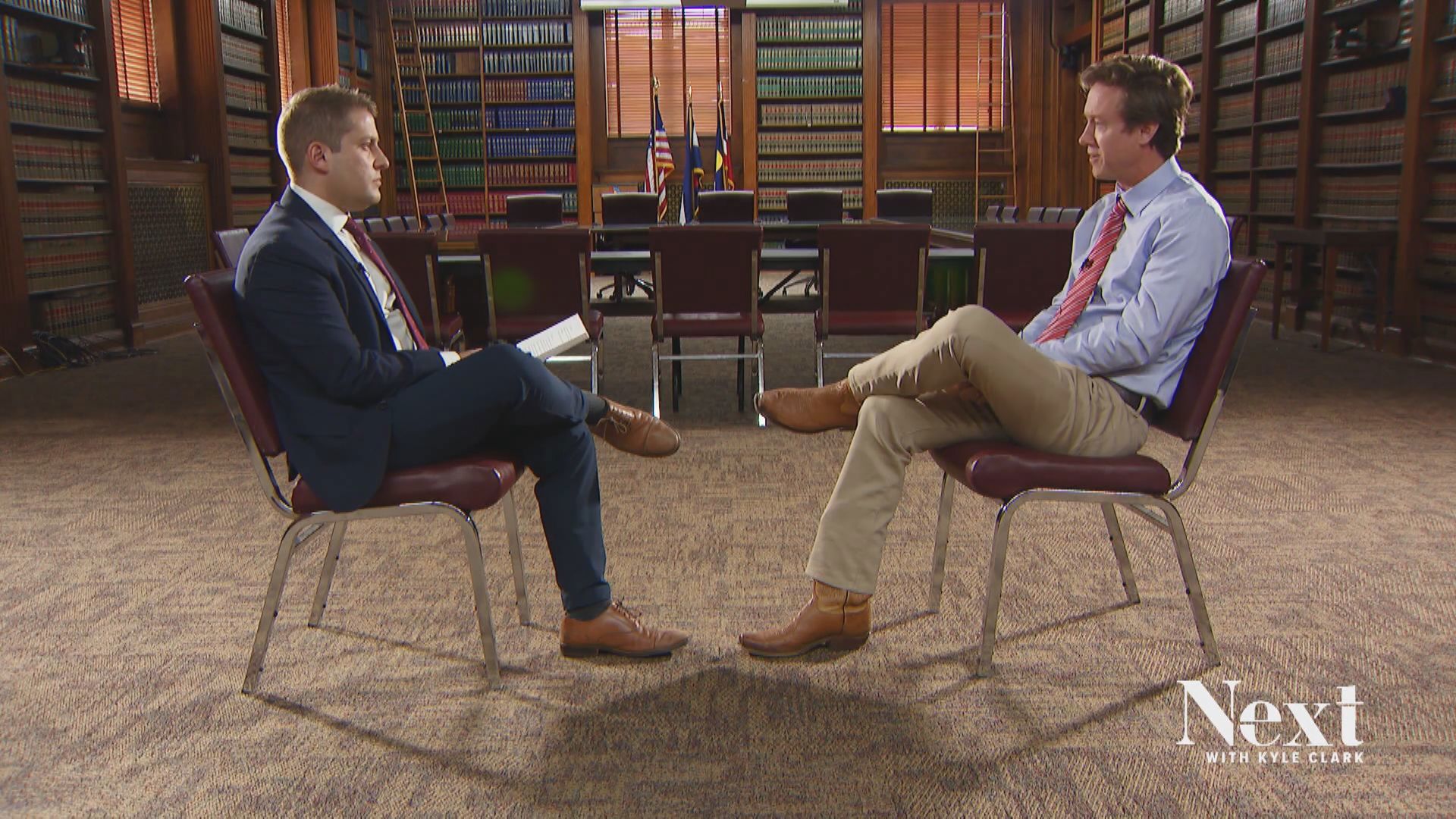FIRESTONE, Colo. — The man accused by prosecutors of killing his pregnant wife and two children faces numbers counts, including first-degree murder charges in the death of his wife and two young daughters.
Current Colorado law excludes Chris Watts from being charged with the murder of Shanann Watts’ unborn child, a boy the family had planned to name Niko. Prosecutors have instead charged him with unlawful termination of a pregnancy, which is allowed under Colorado state statute.
RELATED | Chris Watts case: What we know
Now, State Rep. Lori Saine (R-Firestone), whose district includes Frederick, where these murders occurred, is planning to propose a new state law that would create a so-called “fetal homicide” charge.


“As a child, Niko was the victim of a crime, a horrific crime and he hasn’t been given full consideration by our justice system,” Saine said.
Saine said since the murders she’s heard a lot from constituents, asking what she can do to change that law, so she began looking into the fetal homicide law.
The idea has been debated a lot at the state capitol, most recently in 2015 after the case of Dynel Lane, who cut an unborn child out of Michelle Wilkins’ womb in Longmont in 2015.
Lane was later convicted of attempted murder and unlawful termination of a pregnancy. She was sentenced to 100 years in prison.
The effort to pass a fetal homicide law after Lane’s case failed in the state legislature. Prior to that, Colorado voters rejected three separate so-called personhood initiatives that would have changed the law in a similar way.
“During this time of tragedy and as you said just the beginning of an investigation, this really isn’t the time to reopen Colorado law because the law on the books works quite well as it is,” Karen Middleton, executive director of NARAL Pro-Choice Colorado told Next Wednesday.
“The reality of fetal personhood laws is they are unintentionally harming pregnant women and women are often charged for things that are out of their control,” she said.
The pro-choice group worries that a fetal homicide law would make abortions illegal in Colorado.
Saine wouldn’t directly answer that criticism on Wednesday.
“It’s up to their own conscious and we’re dealing with the situation at hand,” Saine said.
“For me, if there’s concern about this bill, but I’m certainly willing to sit down,” she said. “But I’m just keeping to the task at hand, there is a horrific crime that happened here.”
Both Saine and Middleton agreed they would be willing to discuss the impacts of the proposed law, but neither seemed willing to concede their sides.
“I’m happy to negotiate but my point of negotiation is that the way we handle crimes against pregnant woman is a better model and something that we should be encouraging other states to adopt and not the other way around,” Middleton said.
Saine wouldn’t directly say what she feels doesn’t work about current law.
“People are asking not for an addendum or an afterthought… they’re asking why hasn’t there been four counts of murder charged on Monday,” Saine said.
Critics of Saine’s proposal accuse her of politicizing a tragedy, something she’s accused others of doing in the past.
Last year, after a deadly house explosion was tied to an abandoned Anadarko flow line in Firestone, Saine refused to sign onto a bill proposed by two of her Democratic colleagues, requiring mapping of oil fields.
She accused those colleagues of politicizing the tragedy.
“The problem with that bill is that it was politicizing a tragedy with a solution that would not have worked,” she said. “It would not have stopped that house explosion.”
Saine said the bill needed more time to negotiate with more stakeholders.
“We’re in the very nascent stages,” she said. “We’re looking at all aspects of this.”



